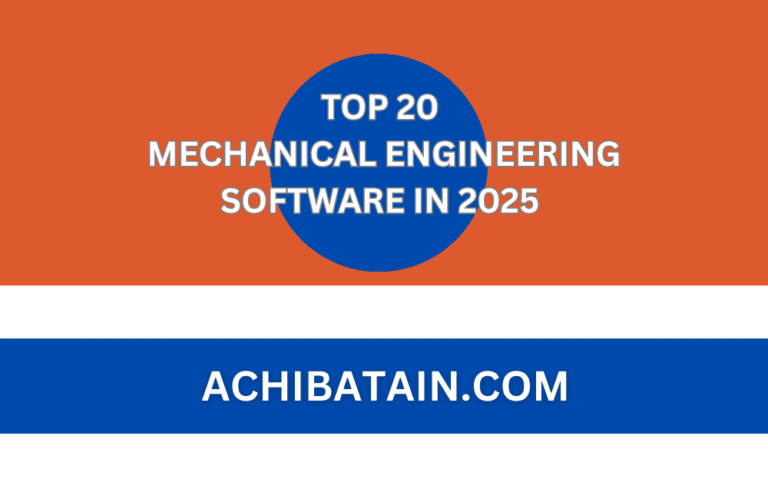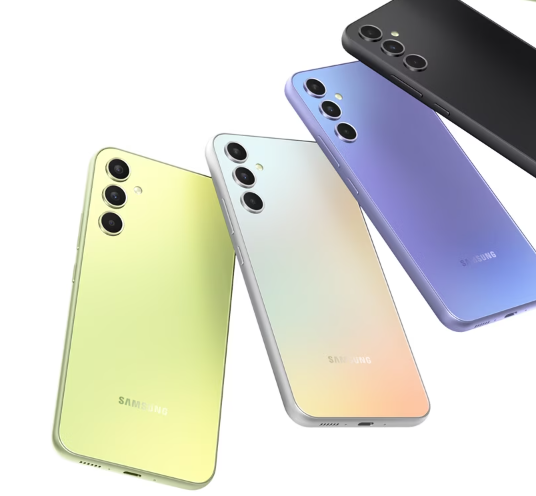Betavolt’s 50-Year Nuclear Battery: The Future of Endless Power for Smartphones and Beyond
Betavolt’s game-changing 50-year nuclear battery—powered by diamond semiconductors and isotopes. Safe, eco-friendly, and set to revolutionize smartphones, medical tech, and IoT forever.Imagine never needing to charge your phone, smart watch, or even a pacemaker for decades. Betavolt, a trailblazing energy innovator, claims to have cracked the code with its revolutionary atomic energy battery—a compact, nuclear-powered cell that can generate electricity for 50-year nuclear battery without a single charge. This breakthrough could redefine power storage, eliminate charging anxiety, and transform industries from healthcare to aerospace. Here’s how it works and why it’s a game-changer.
The Science Behind Betavolt’s 50-year nuclear battery “Forever Battery”
At the heart of Betavolt’s innovation lies nuclear isotope technology combined with ultra-durable materials. The battery uses a radioactive isotope (nickel-63) that decays naturally, releasing beta particles. These particles are converted into electricity through a layered system of diamond semiconductors—a first-of-its-kind design that maximizes energy efficiency while minimizing bulk.
Unlike traditional nuclear power, Betavolt’s battery contains no volatile chemicals or liquid components. Its modular design allows multiple units to be stacked, scaling output from microwatts to kilowatts. This makes it adaptable for tiny medical implants or large-scale machinery.

Safety First: Debunking Nuclear Battery Myths
Nuclear energy often sparks safety concerns, but Betavolt assures its design is radiation-free and eco-friendly. The diamond semiconductor layer acts as a shield, containing all decay products within the device. Independent tests confirm the battery generates no external radiation, even under extreme conditions like punctures or high temperatures.
Once the isotope fully decays, the residual material is non-toxic, posing no environmental risk. This makes Betavolt’s solution safer than lithium-ion batteries, which risk leaks, fires, or landfill contamination.
Applications: Who Needs a 50-Year Battery?
The implications of Betavolt’s technology are staggering. Here’s where it could make an immediate impact:
- Medical Devices: Power pacemakers, insulin pumps, and biosensors indefinitely, eliminating risky replacement surgeries.
- Consumer Electronics: Phones, drones, and wearables that never need charging.
- Aerospace & Defense: Satellites, drones, and military gear could operate for decades in remote or harsh environments.
- IoT Infrastructure: Maintenance-free sensors for smart cities, agriculture, and industrial monitoring.
Betavolt’s Roadmap: From Labs to Your Pocket
The Beijing-based company has already entered the pilot testing phase for its first product—the BV100, a 3-volt micro-battery delivering 100 microwatts. While this initial version suits low-power devices like sensors, Betavolt aims to launch a 1-watt battery by 2024. Future plans include partnerships with smartphone makers and aerospace firms to integrate this tech into mainstream devices.
Challenges and the Road Ahead
While Betavolt’s innovation is groundbreaking, questions remain. Can they scale production cost-effectively? Will regulatory bodies approve nuclear batteries for consumer use? The company is optimistic, citing collaborations with top Chinese research institutes to refine safety and efficiency.
Check this out
Best Payment Google Wallet Pakistan 2025: A New Era for Digital Payments
Conclusion: A Glimpse Into the Battery-Powered Future
Betavolt’s 50-year nuclear battery isn’t just a leap forward—it’s a paradigm shift. By merging cutting-edge materials science with nuclear physics, this technology could eliminate our reliance on finite lithium reserves and fossil fuels. As Betavolt races toward commercialization, industries worldwide are watching closely. One thing is clear: The days of daily charging may soon be a relic of the past.
FAQ Section
Q: Is Betavolt’s nuclear battery safe for daily use?
A: Yes. Independent tests confirm no radiation leaks, even if damaged.
Q: When will Betavolt batteries hit the market?
A: Pilot testing is underway, with consumer products expected post-2024.
Q: Can this replace lithium-ion batteries?
A: Initially for niche uses, but future iterations may compete directly as power output scales.
Q: How expensive will these batteries be?
A: Betavolt aims for affordability, leveraging mass production and modular designs.





[…] Best Betavolt’s 50-Year Nuclear Battery: Charge-Free Power for Smartphones and IoT Devices […]